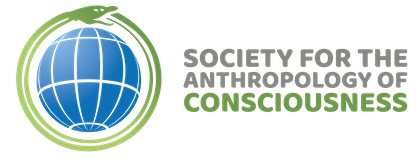Dennis L. Merritt (Jungian Analyst)
Joseph Campbell was the greatest popularizer of mythology and introduced millions to the mythopoetic dimension of the human psyche. The Homeric Hymn to Hermes can be used to establish a mythopoetic base for ecopsychology which can guide us in dealing with the most important issues of our time—climate change and living sustainably. The Greeks personified the powerful forces they experienced within and without in order to bring them closer to consciousness and better understand how they interacted. Myths were a prime means of doing this. The forces personified by Hermes make him the god of dreams and exchanges within and between all levels, including between consciousness and the unconscious, body and mind, and humans and nature. He is the god of rhetoric and diplomats, businessmen and advertising. Hermes leads the way or leads astray and the forces he personifies can be used for propaganda like corporate greenwashing and promoting a consumer society now destroying our planet. Significant elements of complexity theory are also within Hermes’ domain as are the writings of the brilliant British psychoanalyst D. W. Winnicott, a pioneer in the fields of object relations and attachment theory now dominating psychology and psychoanalytic theory. Winnicott described how the security blanked (his concept) was the base experience of cultural, artistic and religious expression. All these concepts are made clearer and more understandable through the power of myths involving Hermes. [Originally Published in the AAA 2013 Conference Program]
